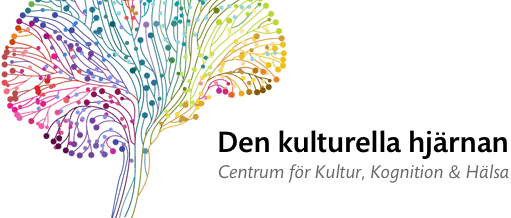Simone Dalla Bella: You got rhythm, or not: The marvel of individual differences
Datum: 22 maj 2019, 15.00-16.00
Plats: Inghesalen, Widerströmska huset, Tomtebodavägen 18A
 Sammanfattning
Sammanfattning
Rhythmic skills are widespread in humans. The majority, musicians and nonmusicians alike, can perceive the underlying pulse when listening to music, and synchronize to the beat by finger tapping or body swaying. Yet, there are some important inter-individual differences in these abilities. Some individuals encounter major difficulties in moving to the beat (poor synchronizers). Poor synchronization can be found in the general population (beat deafness), as a result of a neurodevelopmental disorder (e.g., ADHD), or of a neurodegenerative disease in the elderly (e.g., Parkinson’s disease). I will present evidence from my lab showing different phenotypes of rhythm and synchronization disorders in various populations assessed with our Battery for The Assessment of Auditory Sensorimotor and Timing Abilities (BAASTA). The battery includes a variety of perceptual and sensorimotor tests, thereby allowing a systematic assessment of rhythmic skills. Moreover, I will show how individual differences in rhythmic skills can be exploited for the purpose of music-based interventions. I will focus in particular on the rehabilitation of movement disorders in patients with Parkinson's disease. This approach calls for using assistive mobile technologies capable of delivering individualized rhythmic stimulation to the patients, taking into account inter-individual variability.
Simone Dalla Bella
är professor och co-director för BRAMS, International Laboratory for Brain, Music and Sound Research, vid Montreals universitet.
Simone Dalla Bella is interested in the cognitive and neuronal mechanisms underpinning music perception and performance. His research has focused on musical skills, such as pitch and rhythm perception/production, in the general population as well as in individuals with musical deficits (tone deafness and beat deafness). Current research is centered around 1) the evaluation and profiling of rhythmic abilities in healthy individuals and patient populations (e.g., patients with Parkinson’s disease, ADHD), and 2) the use of rhythmic stimulation and training to improve motor skills (e.g., gait and speech in patients with Parkinson’s disease). He uses behavioral methods, motion capture, EEG, and exploits new mobile technologies for testing and training purposes.
Föreläsningen är öppen för allmänheten. Gunnar Bjursell och Fredrik Ullén står som värdar för föreläsningen.

